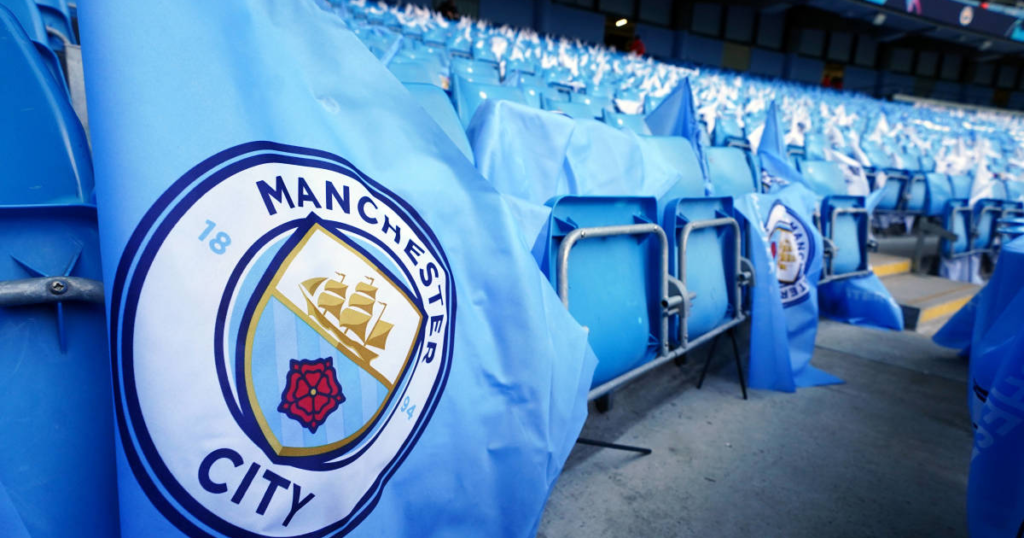In the realm of football, controversies often arise, and the case of Manchester City’s alleged breaches of Financial Fair Play (FFP) regulations stands as a prime example. The recent exchange between the head of Manchester city team, Pep Guardiola and UEFA president Aleksander Ceferin underscores the lingering tension surrounding this complication. Ceferin’s assertion that UEFA was right in its initial judgment, despite the subsequent overturning of sanctions by the Court of Arbitration for Sport (CAS), has reignited the debate over City’s financial conduct.
Ceferin is very sure that UEFA (the organization that runs football in Europe) did the right thing by accusing Manchester City of breaking financial rules. He’s confident because he believes in following the rules, even if sometimes the court’s decision doesn’t match what we think is right. Guardiola, the boss of Manchester City, says it’s not that simple. He wants everyone to wait. And also said to follow the proper steps before making judgments. According to him it is crucial to adopt all rules announced by the legal process.
The main problem is that Manchester City is still being accused of spending money in the wrong way. Even though a previous punishment was canceled, the Premier League has now accused them of doing something wrong again. This has made people pay attention to the club again, and they’re worried about what might happen next because of this new investigation.
Comparing what’s happening with Manchester City to what recently happened to Everton makes us see how big the problem is. It’s like shining a bright light on it. There’s a big fear that Manchester City might lose their titles or even be sent down to a lower league. This makes their recent successes feel unsure. And for teams who competed against them before, there’s a big worry that past games might get changed or affected because of this.
Arsenal’s hypothetical league victory in the absence of City’s participation underscores the ripple effects of FFP violations. The Premier League’s commitment to resolving the current charges further underscores the urgency of the matter. Yet, the timeline for City’s case remains uncertain, prolonging the anxiety and speculation surrounding the outcome.
The unprecedented scale of the charges against City amplifies the stakes involved, setting a precedent for future enforcement of FFP regulations. The ramifications extend beyond the confines of English football, reverberating throughout the global footballing community. As such, the resolution of City’s case holds far-reaching implications, shaping the future trajectory of financial oversight in the sport.
The situation with Manchester City shows why it’s important for football to be fair and clear about its rules. Right now, both UEFA and the Premier League are dealing with City’s case, trying to figure out what happened. People who care about football, like fans and those involved in the sport, are waiting for a decision that makes sure football stays fair. This whole thing also reminds us that it’s not easy to control how money works in football nowadays.
The bottom line
In conclusion, the ongoing saga surrounding Manchester City’s alleged FFP breaches epitomizes the complexities and controversies inherent in modern football governance. The exchange between Guardiola and Ceferin epitomizes the divergent perspectives at play, underscoring the need for patience and respect for due process. As the case unfolds, the footballing world watches with bated breath, mindful of the far-reaching implications of the final verdict.
